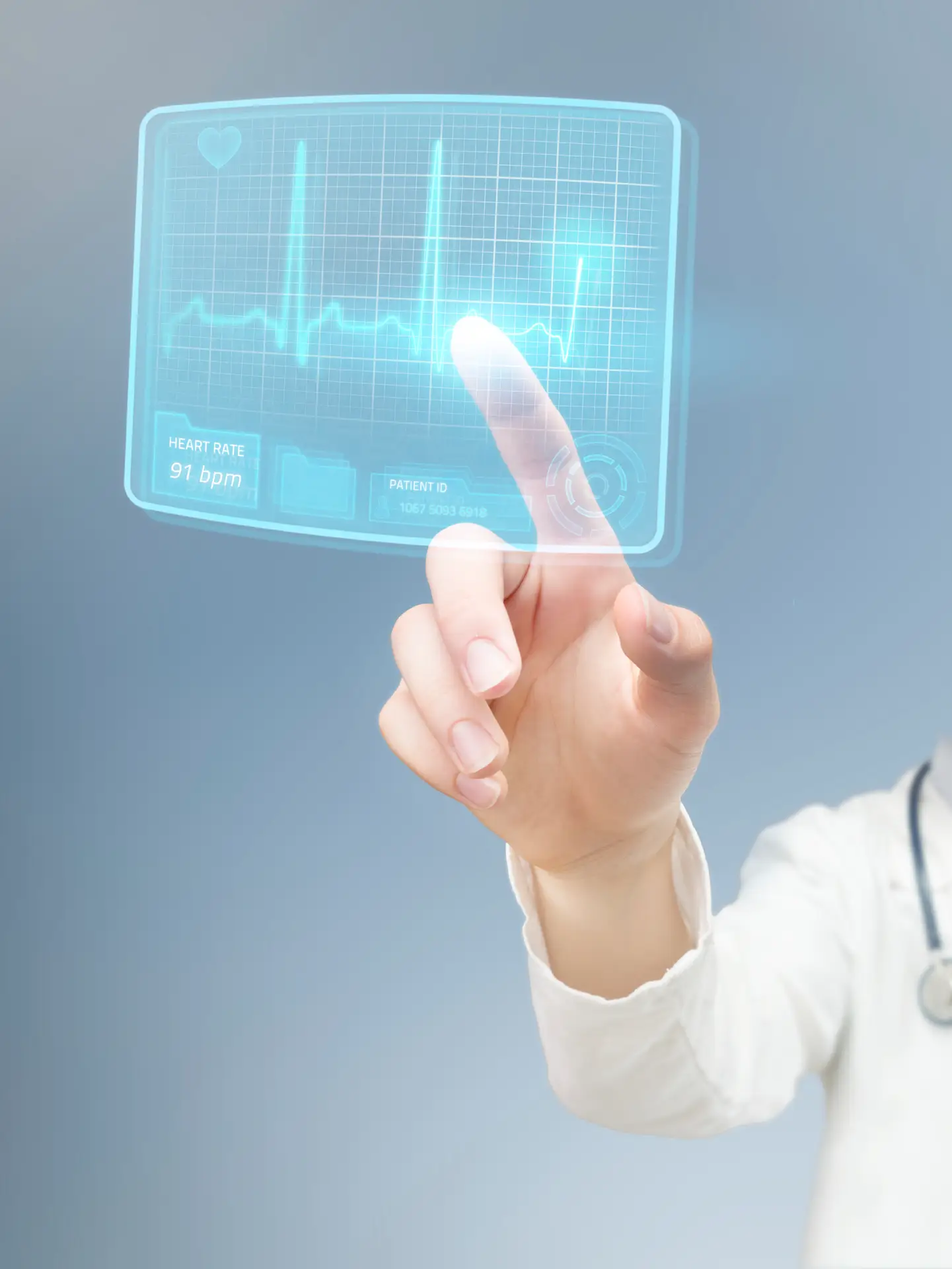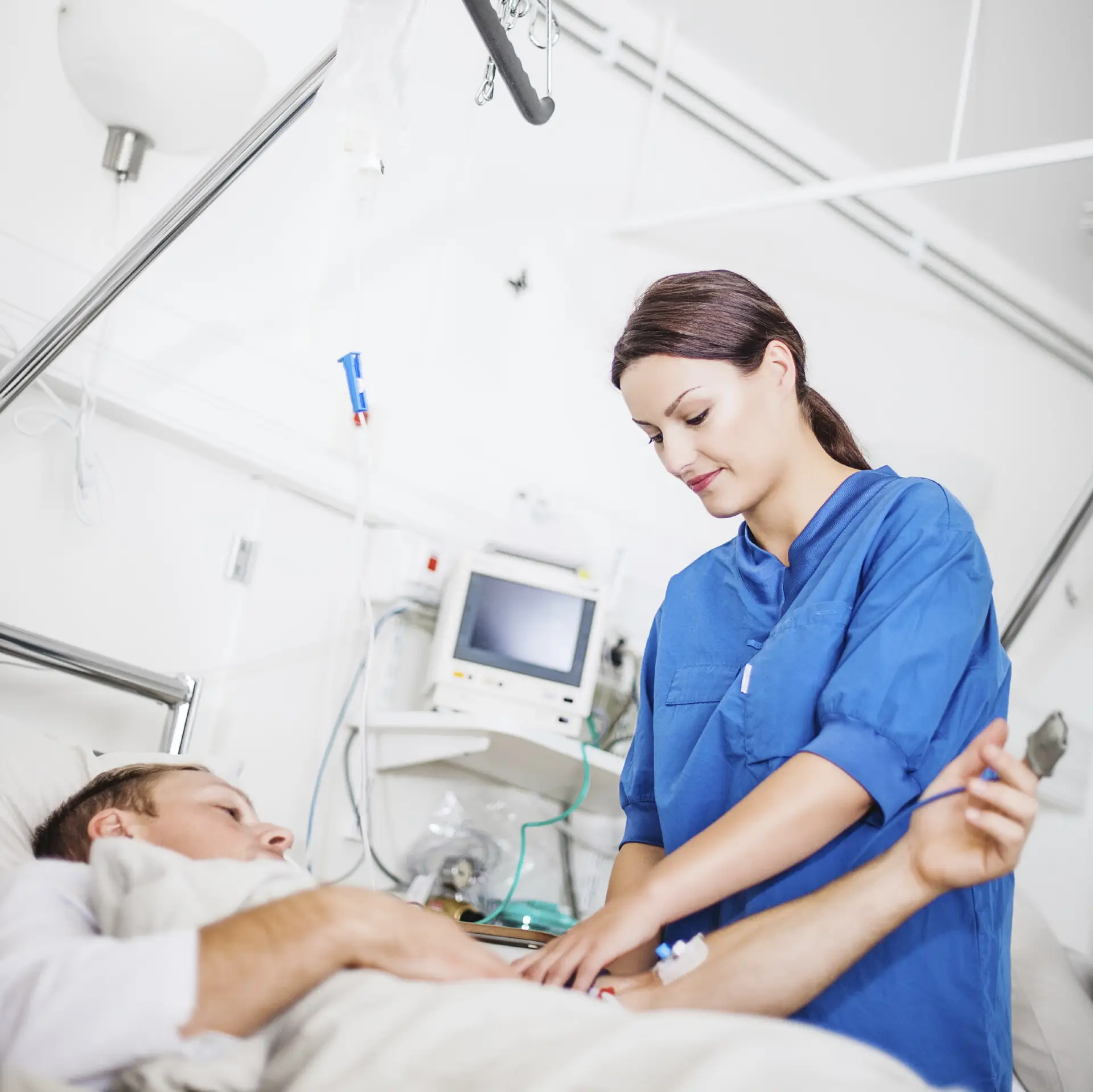Electrocardiograms (ECG)
Electrocardiograms (ECG)
An ECG uses electrodes in the form of stickers that are placed on your chest, arms and legs to measure your heart’s electrical activity from the surface. Elements measured on an ECG are rate, rhythm and can also provide indirect evidence of blood flow to the heart muscle. For this test, a cardiology technologist will hook up the equipment and then ask you to lie very still for less than a minute. The machine quickly takes a snapshot of the electrical activity that is displayed as line tracings on the screen (also called “waves”) and then you are free to go. Your test results will be read immediately, interpreted by a cardiologist and then sent to your referring doctor. If there are positive results for any issues that need to be addressed immediately, the technologists and specialist will notify you and your family/referring doctor right away.


Reasons that your doctor may have requested this test are to find the cause of unexplained chest pain, shortness of breath, palpitations or dizziness that you may be experiencing. Other reasons for an ECG are heart disease and cardiac defects, assessing pacemaker function, electrolyte imbalances and to check the health of your heart regularly if you suffer from arrhythmias, high blood pressure, high cholesterol, diabetes, are a smoker or have a family history of heart disease.
Many different medications can affect the results of this test, so be sure to bring your medication list for the technologist to review as well as your Care Card with PHN (Personal Health Number).
Before your appointment, please ensure that you are freshly bathed and have not use any oils or lotions on your skin as the electrodes will not adhere to oily skin.
No appointment necessary for ECGs.
